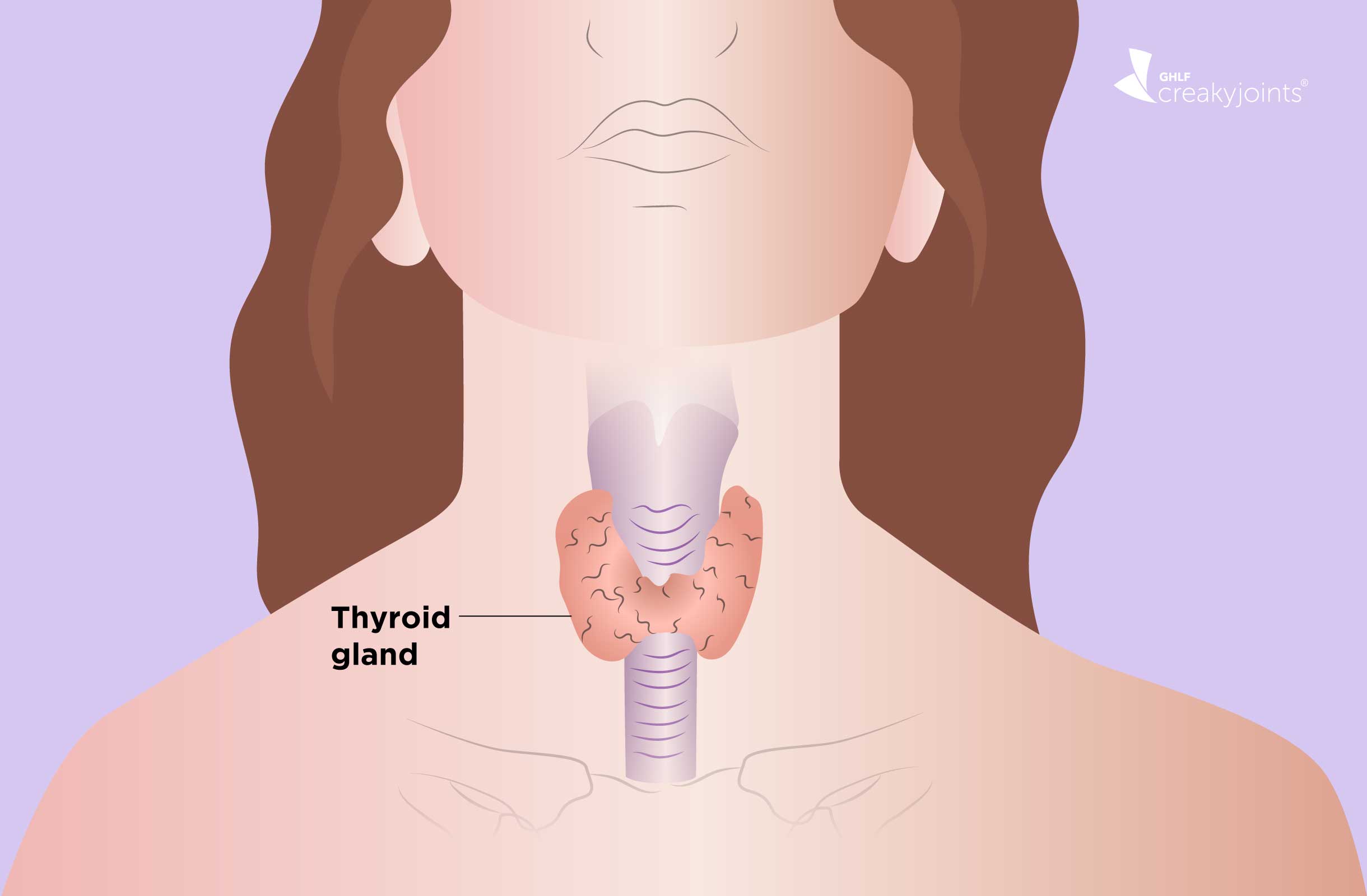
According to the latest US census, 54 million Americans are over 65. That number is expected to grow to 74 million by 2030. The US’s aging population means that there will be a greater need for healthcare workers to care for our aging population.
If you are interested in a rewarding career caring for others, health care is a great in-demand field. You also don’t need to go to years of school to become a healthcare worker. Nursing aides need training and a certificate but get to work doing bedside care, checking vitals, and ensuring patient comfort.
How can you become a nursing assistant? Read on to learn about the three steps you have to take to become a nursing aide.
1. Earn a High School Diploma or GED
Although nurse aide is an entry-level job, it still requires applicants to have nurse training and certification. But before you can start training to be a nurse, you have to have a high school diploma or GED. Nursing assistant training programs require you to have it before applying or taking the certification.
So your first step to becoming a nursing assistant is to get your diploma or degree if you don’t have one already. You can start applying to training courses right away if you do.
2. Take a Nursing Assistant Training Class
Anyone who wants to become a nursing assistant needs to go through a state-approved class and take a certification exam. States have different requirements for their programs. So you’ll need to look up your state’s specific requirements to become certified.
Nursing assistant training can take anywhere from one to six months. Community colleges and vocational institutes often offer nursing assistant training. There are also online and flexible options to work at your own pace.
In classes, you will learn the basics of anatomy, physiology, nutrition, and medical terminology. In addition to learning how the body works, you will also receive training to use medical equipment like blood pressure gauges. You will also learn the basics of medical ethics so you can understand the legal implications of caring for patients.
In addition to an education element, most nursing assistant programs incorporate hands-on clinical practice training. Clinical practice training allows nursing assistants in training to apply the knowledge they’ve learned in classes. This training provides essential experience for what you will do on the job and is required to complete most training programs.
3. Pass the Certification Exam
Passing your state’s CNA exam is required before you can work as a nurse aide. The exam tests you on the same areas that you learned in training classes to ensure you understand the concepts. CNA exams differ by state, but most include multiple-choice and manual skills portions.
Once you pass the exam, you will be added to your state’s nurse aide registry. Typically you then have to continue your education on the job so you can renew your certification when your state calls for it.
Nursing Aides Are in High Demand
As more people need care, there will be more demand for nursing aides. Becoming a nursing aide requires taking a training course and passing the certification exam. Training to become a nursing assistant can ensure a stable career where you can make a difference.
Do you want to learn more about careers in healthcare? Check out our website for more job and education guides.








